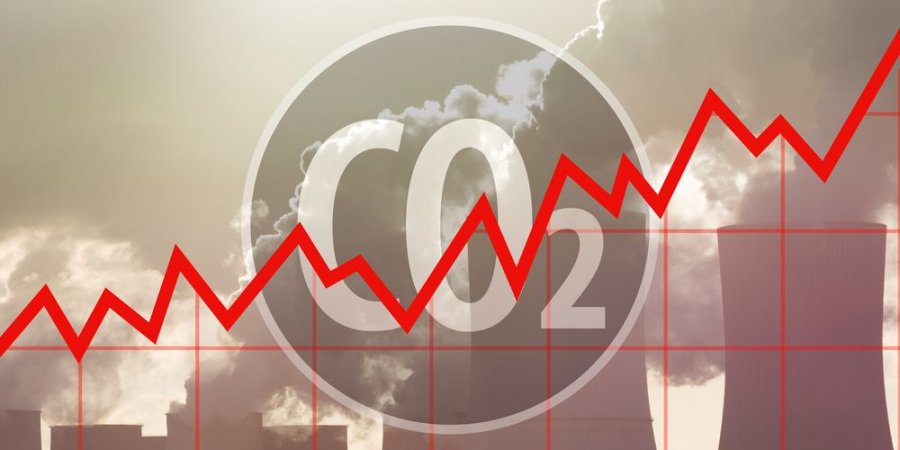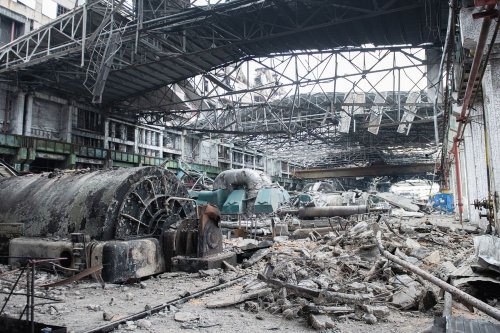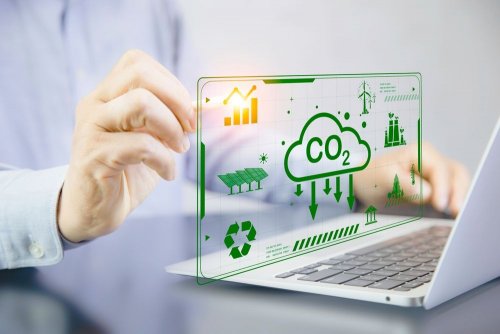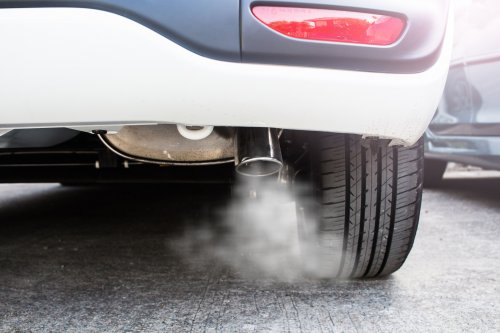In China the total trading volume of the national carbon market since its launch in 2021 has reached 194 million tons, according to the Shanghai Environment and Energy Exchange (SEEE).
A national carbon market will help reduce China's carbon footprint and achieve peak CO2 emissions by 2030 and carbon neutrality by 2060, reports Shine.
Carbon trading is the process of buying and selling greenhouse gas permits that are limited to specified emissions.
Experts expect the market, the world's largest by the volume of greenhouse gas emissions covered, to include more companies from emission-intensive sectors and see increasingly active trading as companies become more environmentally conscious.
Zhao Yingmin, Vice Minister of Ecology and Environment, said that the carbon market has generally been operating steadily throughout the year, with a small increase in trading prices. The initial price of carbon was 48 yuan ($7.1) per ton, but recently it has been around 60 yuan.
In the first year, the market includes 2,162 energy-generating enterprises covering about 4.5 billion tons of CO2 emissions. It completed its first compliance period on December 31, 2021, when the compliance rate reached 99.5%.
China's Ministry of Ecology Plan predicts that from 2021 to 2025, the national carbon market will cover eight energy-intensive industries and about 8,500 large, emission-intensive enterprises, including:
- electric energy;
- steel industry;
- construction materials;
- non-ferrous metals;
- petrochemistry;
- chemical Industry;
- paper production;
- aviation.
Lai Xiaoming, chairman of SEEE, said that the market is also expected to become multi-tiered, the pricing mechanism will become more scientific and reasonable with the existing market system.
"The biggest impact of the national carbon market is to raise awareness of carbon neutrality among high-emitting enterprises and their managers," said Meng Binzhan, deputy CEO of SinoCarbon Innovation & Investment.
The national carbon market has fueled the rise of China's Certified Emission Reduction (CCER) operations, where companies voluntarily reduce emissions through measures such as afforestation or the use of clean energy technologies.
Thus, in 2021, the total volume of CCER trade was about 170 million tons, which is about 1.7 times more than in 2020.
"The price set in the carbon market sends a clear signal that emissions have a cost and should be accounted for," said Meng
He also added that some companies even see reduced emissions as a profit.
Wu Wenzhang, general manager of Steelhome, an online information platform for the steel industry, said China's carbon targets represent a reshuffle for the industry.
"In the future, steel enterprises that can achieve ultra-low emissions and ecologically clean production will be able to have a wider space for development," he explained.
Shen Yizhou, CEO of Xoeytech, a carbon service provider in the construction industry, said that although the industry has not yet been included in the national carbon market, leading enterprises in the real estate and supply chain industries have increased demand for low-carbon solutions over the past year.
According to corporate information provider Tianyancha, more than 9,800 enterprises provide carbon-related services in China, more than 1,800 of which were established during the year. In 2022, more than 800 such enterprises were created, which is 19.4% more than in 2021.
Earlier, EcoPolitic wrote, that E3G analysts believe that China, as the leading producer of steel in the world, should become a leader in metallurgical greening sector and reduce emissions in the industry.
As EcoPolitic previously reported, for the first quarter of 2022, the People's Republic of China tripled the investment in solar generation.





